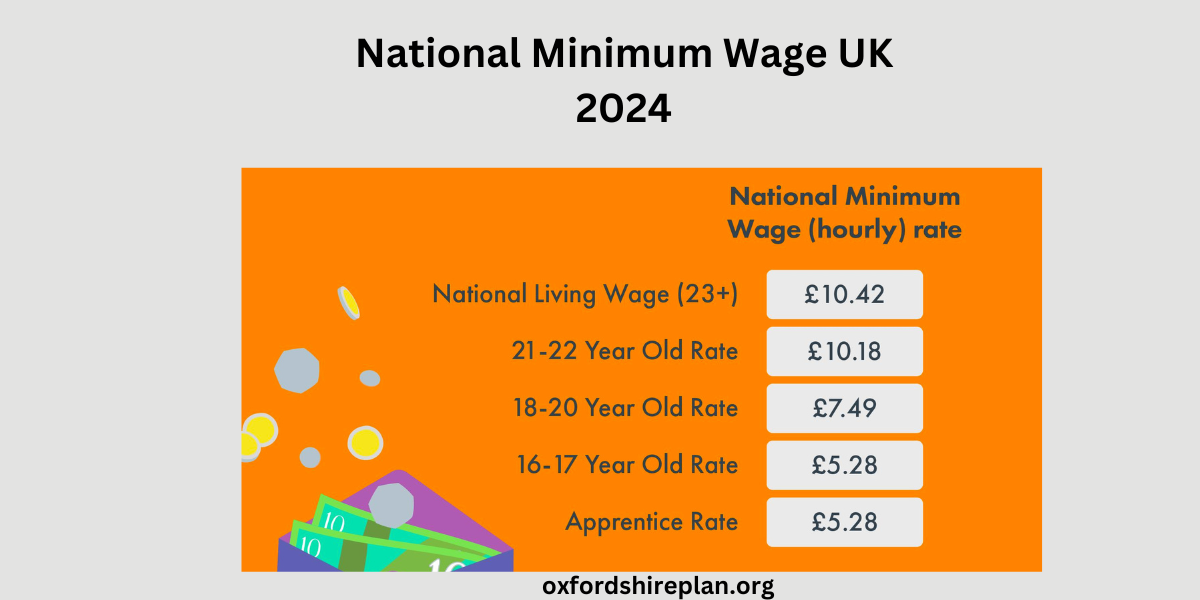If you receive income-related benefits and have a disability, you might qualify for extra money called a disability premium. This extra cash can help cover the costs associated with having a disability.
For example, if you are part of a couple and you are eligible for the Severe Disability Premium, you could receive an additional £163 per week on top of your regular income-related benefit.
The eligibility criteria for these premiums depend on various factors, including the type of benefits you receive. The different disability premiums include the disability premium, enhanced disability premium, and severe disability premium.
You can find out more about how they work and how much you might be eligible for by checking the official guidelines. Remember, these premiums are automatically added to your benefit payments, so you usually do not need to apply separately for them.
Contents
- Benefits you can add disability premiums to
- There are three types of disability premiums for adults:
- Disability Premium
- How much is Disability Premium?
- Severe Disability Premium
- Eligibility if you are single:
- Some Questions
- What are Disability Premiums?
- How much can I get?
- Who is eligible?
- Do I need to apply?
- Read More:
If you receive certain benefits like Income Support, Income-based Jobseeker’s Allowance (JSA), Income-related Employment and Support Allowance (ESA support group disability premium), Housing Benefit, or Guarantee Pension Credit, you may be eligible for extra money called disability premiums.
These premiums are automatically added to your benefit payments, so you usually do not need to apply separately for them if you qualify.
- Severe Disability Premium
- Disability Premium
- Enhanced Disability Premium
You have the option to receive the Disability Premium independently, and your eligibility for the Severe and Enhanced versions depends on your specific situation.
Disability Premium
To qualify for disability premiums, you or your partner should be below pension credit age and meet one of the following criteria:
- Working Tax Credit (with disability element)
- War Pensioners Mobility Supplement
- Incapacity Benefit
- Severe Disablement Allowance
- Constant Attendance Allowance
- Attendance Allowance
- Disability Living Allowance (DLA)
- Armed Forces Independence Payment (AFIP)
- Personal Independence Payment (PIP)
You might also be eligible if you have not been able to work for a year or more, or for 196 days if you are facing a terminal illness.
How much is Disability Premium?
The amount you can receive varies based on whether you are single or in a relationship. For the year 2024/25, the weekly rates are:
- Single: £42.50
- Couple: £60.60
Severe Disability Premium
To qualify for the Severe Disability Premium, you need to already be receiving the Disability Premium or the income-related Employment and Support Allowance (ESA support group disability premium). Also, you should be getting one of these benefits:
- Personal Independence Payment (PIP), specifically the daily living part
- Armed Forces Independence Payment (AFIP)
- The middle or top rate of the Disability Living Allowance care part
- Attendance Allowance or Constant Attendance Allowance that comes with the Industrial Injuries Disablement Benefit or War Pension
Eligibility if you are single:
If you are single, you are typically expected to be the only adult in the household. However, there are exceptions:
- If someone else in the household receives a qualifying benefit.
- If they are registered blind.
- If they pay the landlord separately.
- If they are a border or subtenant who is not a close relative.
if someone is looking after you and they receive Carer’s Allowance or the carers element of Universal Credit, you will not be eligible for the Severe Disability Premium.
Some Questions
What are Disability Premiums?
They are extra money added to your income-related benefits if you have a disability.
How much can I get?
The amount varies. For example, a couple claiming Severe Disability Premium could get an additional £163 a week.
Who is eligible?
You must be under pension credit age and meet certain conditions, like being registered blind or claiming specific benefits.
Do I need to apply?
No, it’s usually added automatically to your benefit payments if you are eligible.
Read More:
- LCWRA First Payment After Decision
- How Much Is A Speed Awareness Course Cost In The UK?
- What Documents Do You Need For a Child’s First Passport UK
- CoastFIRE Calculator – Coasting to FI
- Best Apps For Cashback UK Reviews

I am a dedicated lifestyle and fashion enthusiast, always looking for the latest trends and timeless styles. With a flair for creativity and a passion for self-expression, I provide fresh insights and tips on elevating everyday living and personal style.
















